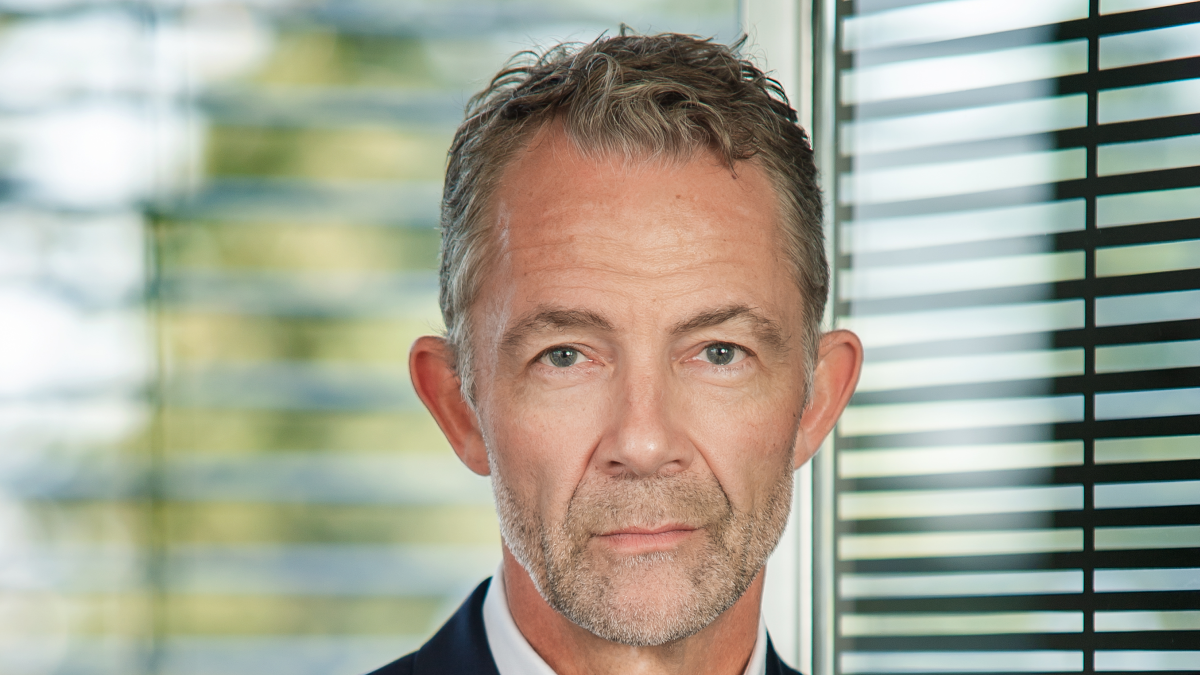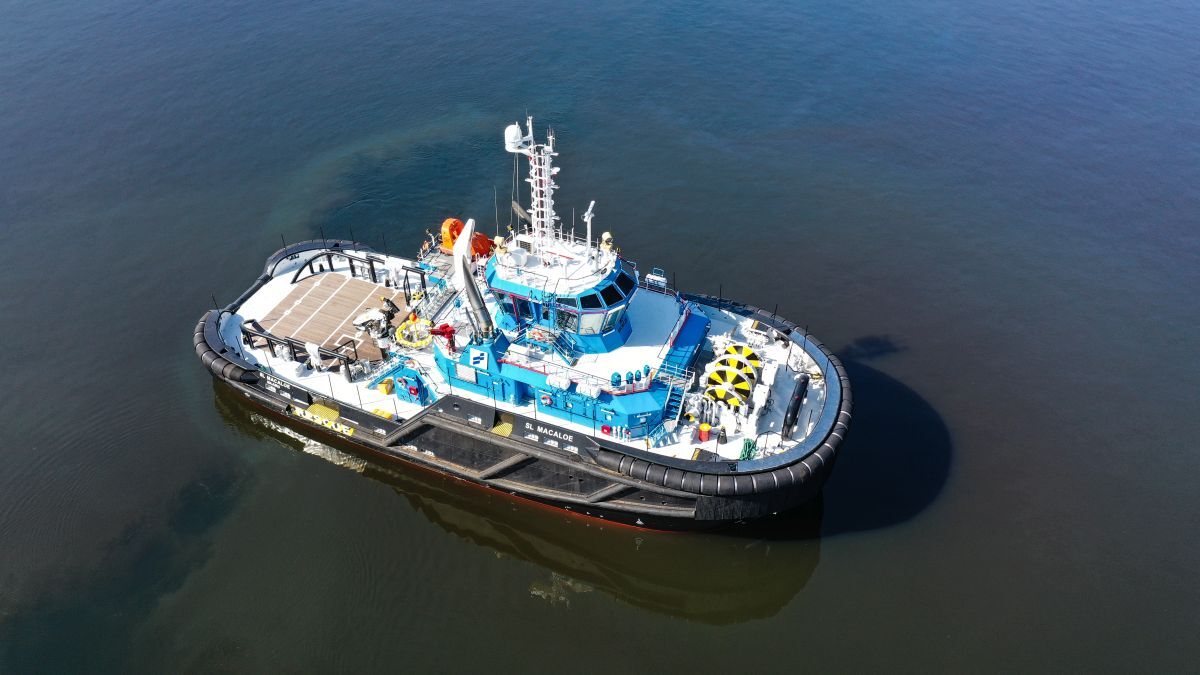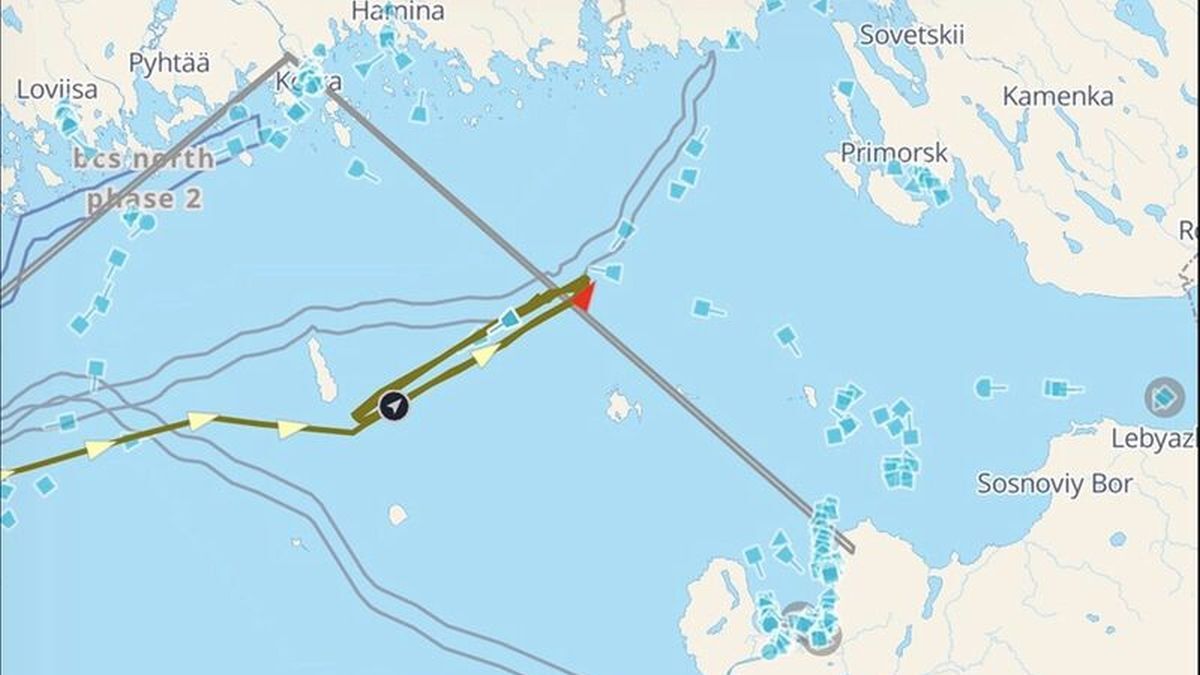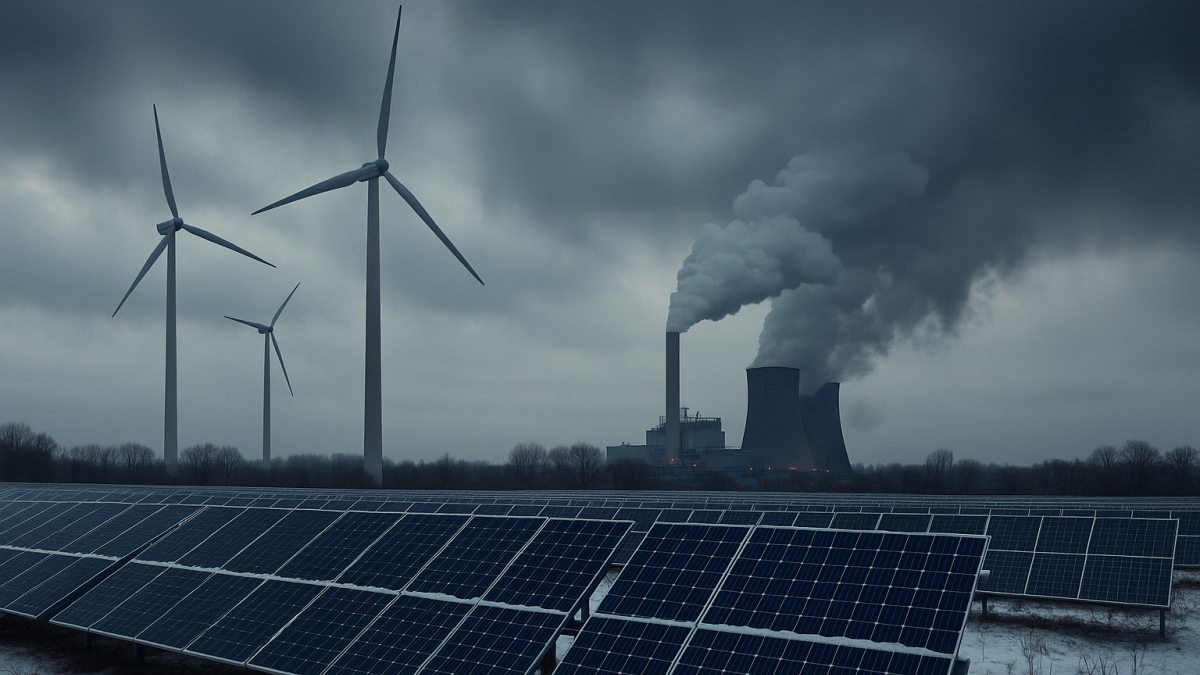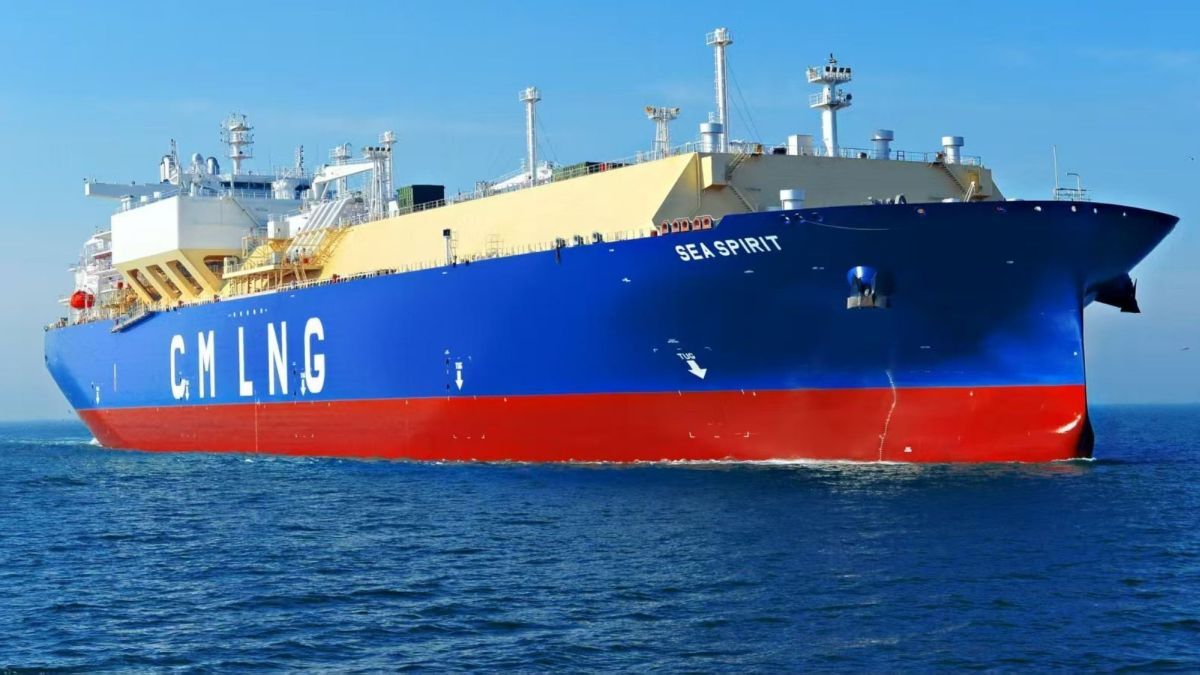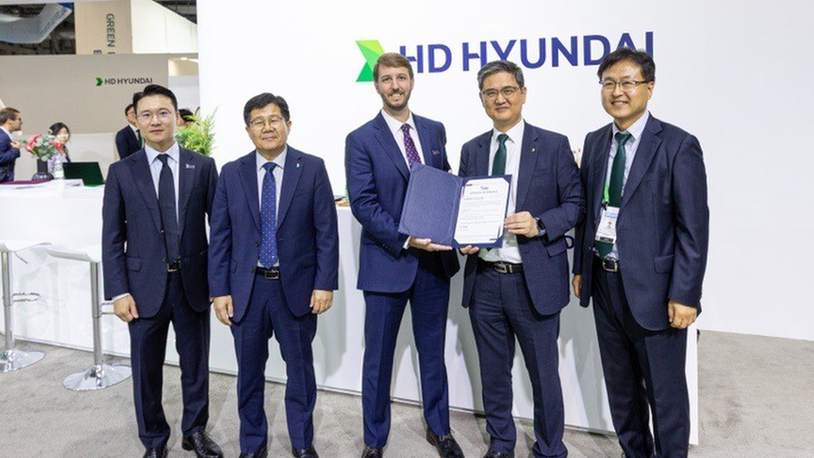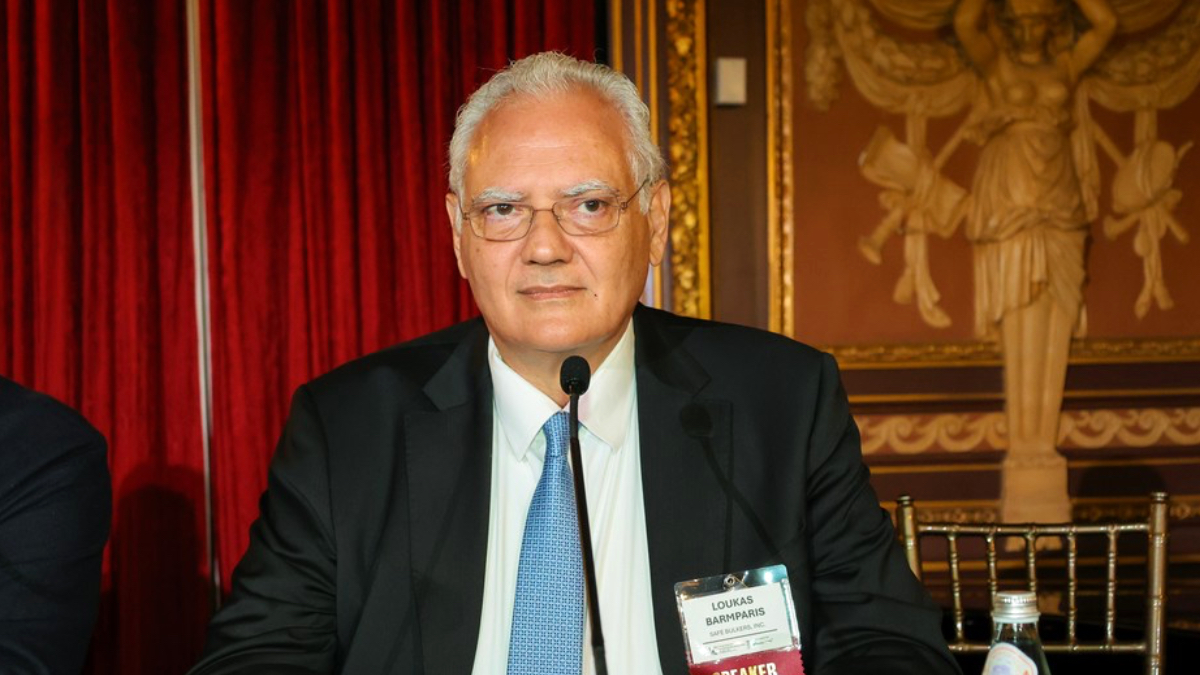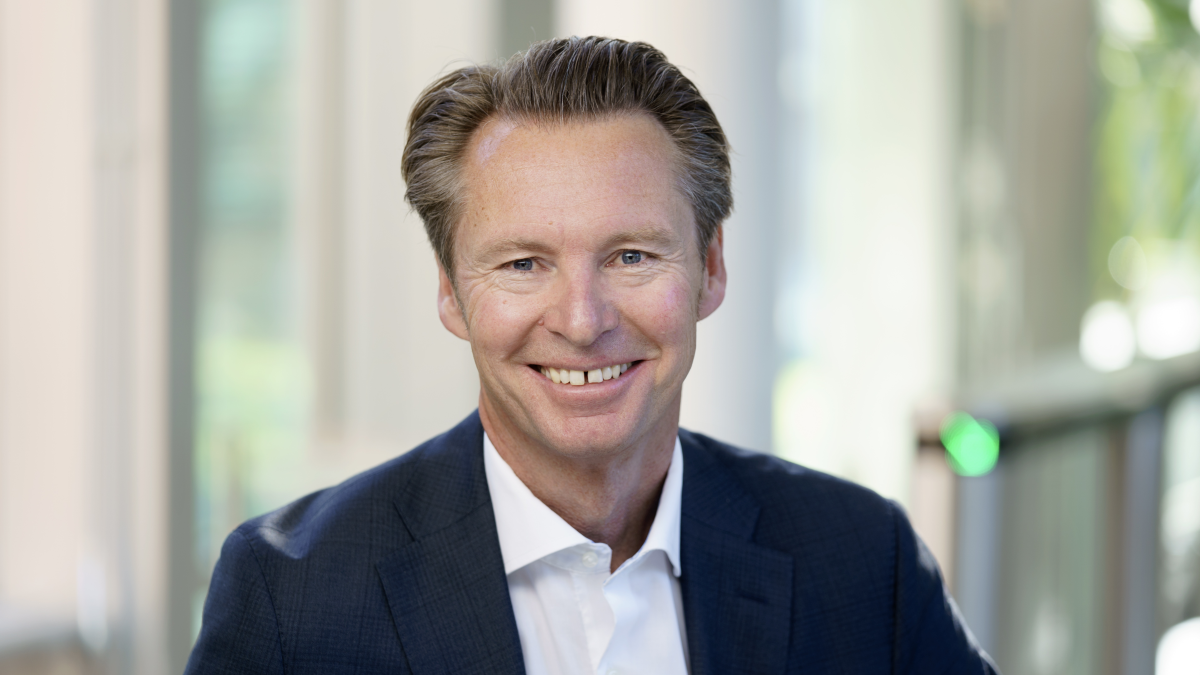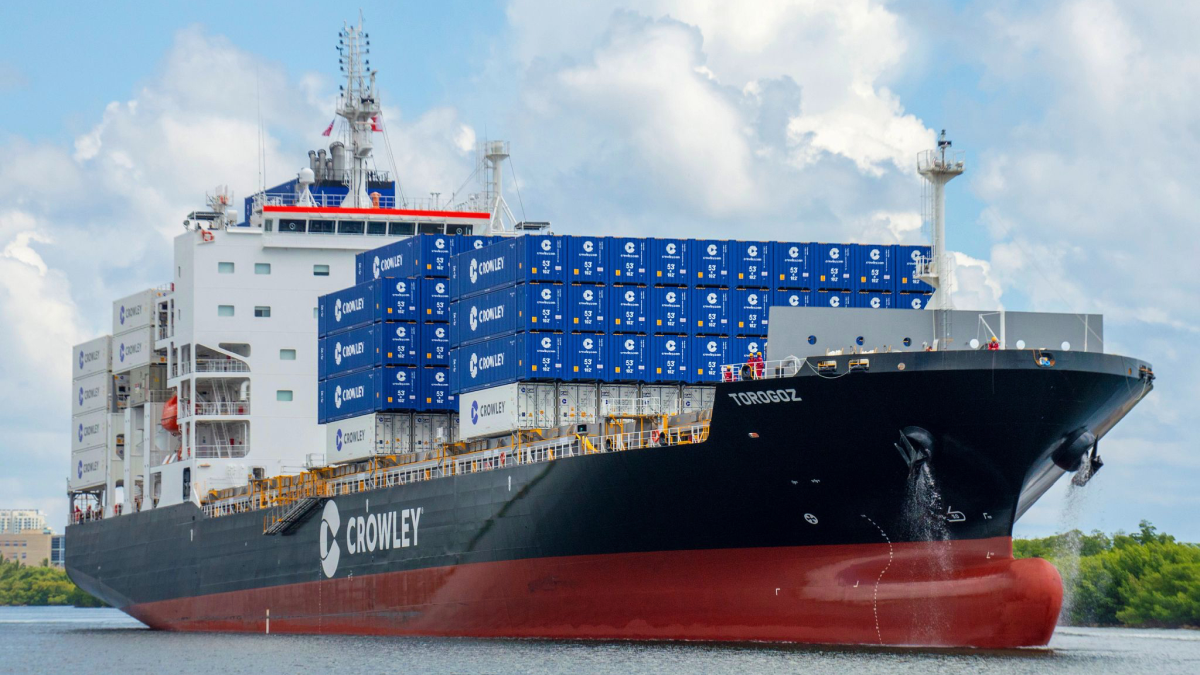Business Sectors
Events
Contents
Longer runway needed for adopting alternative fuels
As the vote on adopting IMO’s Net-Zero Framework moves closer, more maritime stakeholders urge a slower approach to alternative fuels
As the countdown to the vote on the adoption of IMO’s Net-Zero Framework draws closer, the calls from maritime stakeholders have grown louder to push the pause button. Availability of low- and zero-carbon fuels, alternative bunkering infrastructure, the disregard of existing fuels and technologies, and safety topped the list of industry concerns that were voiced during London International Shipping Week (LISW) in mid-September.
One of those adding his voice to the chorus of the concerned was Columbia Group chief executive and president, Mark O’Neil. As lead executive for one of the largest shipmanagers in the world, Mr O’Neil said: “[The] runway for widespread adoption of alternative fuels is much longer and much narrower than anyone anticipated,” and urged the industry to slow down. Columbia Group manages more than 400 vessels, has 20 crewing agencies and more than 20,000 employees.
While his firm is committed to maritime decarbonisation, Mr O’Neil called for a reality check in adopting alternative fuels at LISW 2025, echoing sentiments expressed by ABS chairman and chief executive, Chris Wiernicki, earlier in the week.
Adding fuel to the fire is the Trump Administration, which has made it clear that it will not “tolerate any action that increases costs” for Americans. As a follow up to the US walkout during MEPC 83, a joint statement was issued by administration officials in August, serving as a shot across the bow to any IMO member voting for the framework.
“If alternative fuel ships do come in, they will come more gradually”
“Whatever its stated goals, the proposed framework is effectively a global carbon tax on Americans levied by an unaccountable UN organisation. These fuel standards would conveniently benefit China by requiring the use of expensive fuels unavailable at global scale,” it said.
The statement, issued by secretary of state Marco Rubio, secretary of commerce Howard Lutnick, secretary of energy Chris Wright, and secretary of transportation Sean Duffy, also noted the regulation would “preclude the use of proven technologies that fuel global shipping fleets, including lower emissions options where US industry leads such as liquified natural gas and biofuels.”
Concluded the joint statement: “Our fellow IMO members should be on notice that we will look for their support against this action and not hesitate to retaliate or explore remedies for our citizens should this endeavour fail.”
Meanwhile, while admitting the fleet of alternative fuel-capable vessels is growing, Mr O’Neil said it “doesn’t mean those vessels are ready to burn alternative fuels.”
And, furthermore, he said, there was a question as to whether “the world is ready to invest considerable sums of money” to provide shipping with alternative fuels, given the current geopolitical tensions and “huge financial constraints throughout Europe”.
He said his company is “realistically ready” for the uptake of alternative fuels. “We don’t need thousands of crews in our crewing pool with alternative-fuel training,” he said, adding that “if alternative-fuel ships do come in, they will come more gradually - and the majority of dual-fuel vessels or methanol- or ammonia-ready will probably never burn those alternative fuels.”
Related to this Story
Events
Offshore Support Journal Conference, Americas 2025
LNG Shipping & Terminals Conference 2025
Vessel Optimisation Webinar Week
© 2024 Riviera Maritime Media Ltd.


